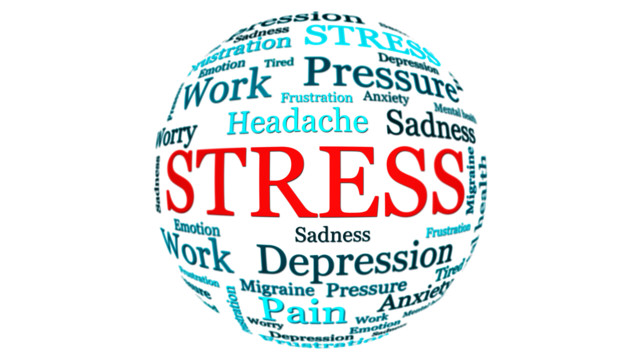61% of employed North Americans are more stressed about their finances today than they were a year ago – and are experiencing the highest level of financial stress since the financial crisis of 2008. That’s according to a new survey by Ceridian, a global leader in human capital management (HCM) technology.
This study, created in partnership with the Financial Wellness Lab of Canada, surveyed more than 4,200 workers across the United States and Canada to analyze three clusters of people – Stressed, Unsettled, and Comfortable – and to understand how each demographic is adapting to economic developments, such as inflation and rising interest rates.
- One in two workers in North America who had an emergency saving account tapped into it to pay for necessities in 2022 (54%). Within the “Stressed” demographic, the number rose to 67%.
- Four in five (81%) employed North Americans plan to cut back on discretionary purchases such as dining out, entertainment, and shopping. Virtually all of those in the “Stressed” category plan to spend differently (96%), compared to 40% in the “Comfortable” category.
- A majority (78%) of employed North Americans are looking to increase income to relieve financial stress in 2023. One-in-three (33%) plan to do this by getting a second job or a side gig.
The study also found that 82% of employed North Americans spend time during work thinking about personal finances. Nearly one-in-four (23%) spend one hour or more a day, with most of those in the “Stressed” cluster. Based on the average hourly wage from government sources2, this time spent thinking about personal finances at work could potentially amount to a US$664B productivity loss for employers – $50B in Canada and $614B in the US, the Financial Wellness Lab of Canada estimates.
“Financial stress is no longer just an individual’s problem – it’s an organizational roadblock that’s costing companies billions of dollars in lost productivity,” said Seth Ross, General Manager, Dayforce Wallet and Consumer Services, Ceridian. “Employers must provide their people with greater financial flexibility to foster workplace productivity and well-being. By embracing financial wellness benefits like Dayforce Wallet and on-demand pay, organizations can help position themselves as employers of choice by driving greater peace of mind among their employees.”
“Whether workers are highly stressed or comfortable about their financial situation, many are dipping into savings and planning to reduce debt. This signals widespread financial insecurity across all demographics,” said Dr. Matt Davison, Dean of Science at Western University and Lead Research for the Financial Wellness Lab of Canada. “Many are looking for solutions outside their control like asking for a raise or a promotion, but that doesn’t always guarantee the financial buffer they seek.”
With an increasing number of North Americans feeling stressed about their finances and struggling to cover expenses between pay periods, cash flow can be a major concern. The current two- or four-week pay cycles make it difficult for employees to access their earned wages when they need them.
Giving employees early access to their earned wages through on-demand pay has proven effective for employees and employers. Since its launch in 2020, more than 1,300 North American employers have signed up to offer Dayforce Wallet to workers. Through Dayforce Wallet, employees spend about $28 per transaction, accessing their wages on-demand to cover food, gas, and other necessities.
Thanks for reading CPA Practice Advisor!
Subscribe Already registered? Log In
Need more information? Read the FAQs
Tags: Benefits, Financial Planning, Payroll



